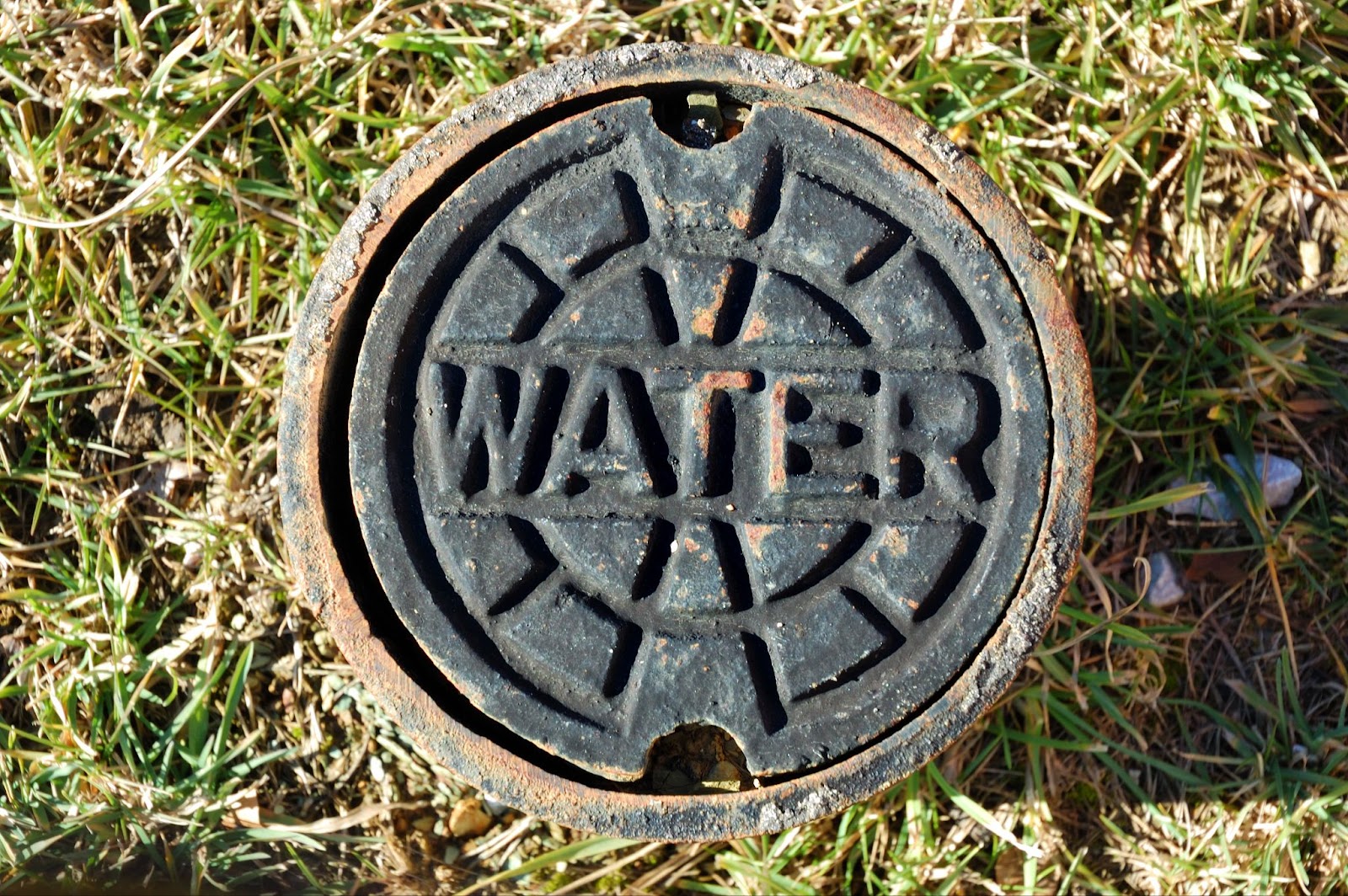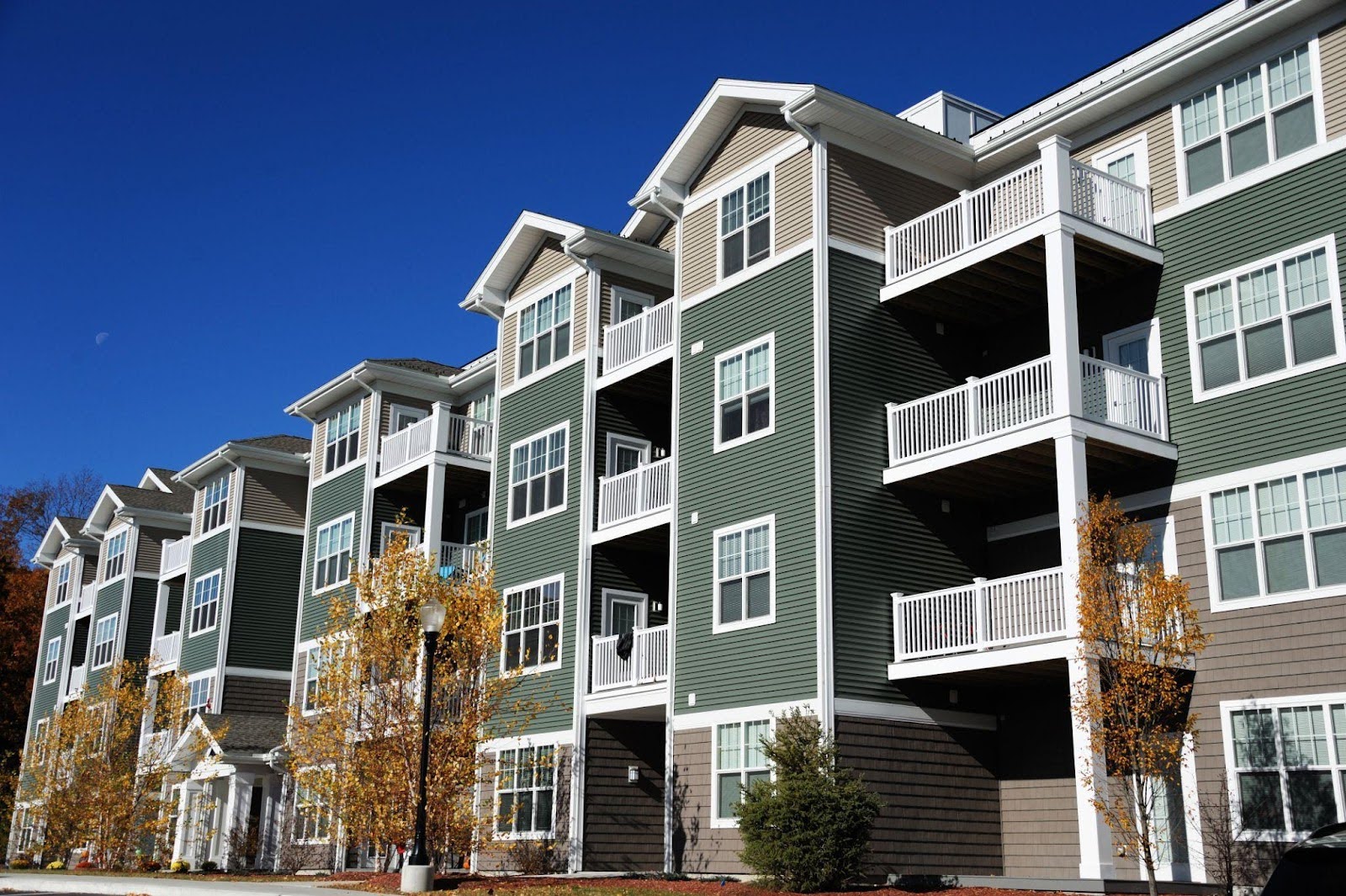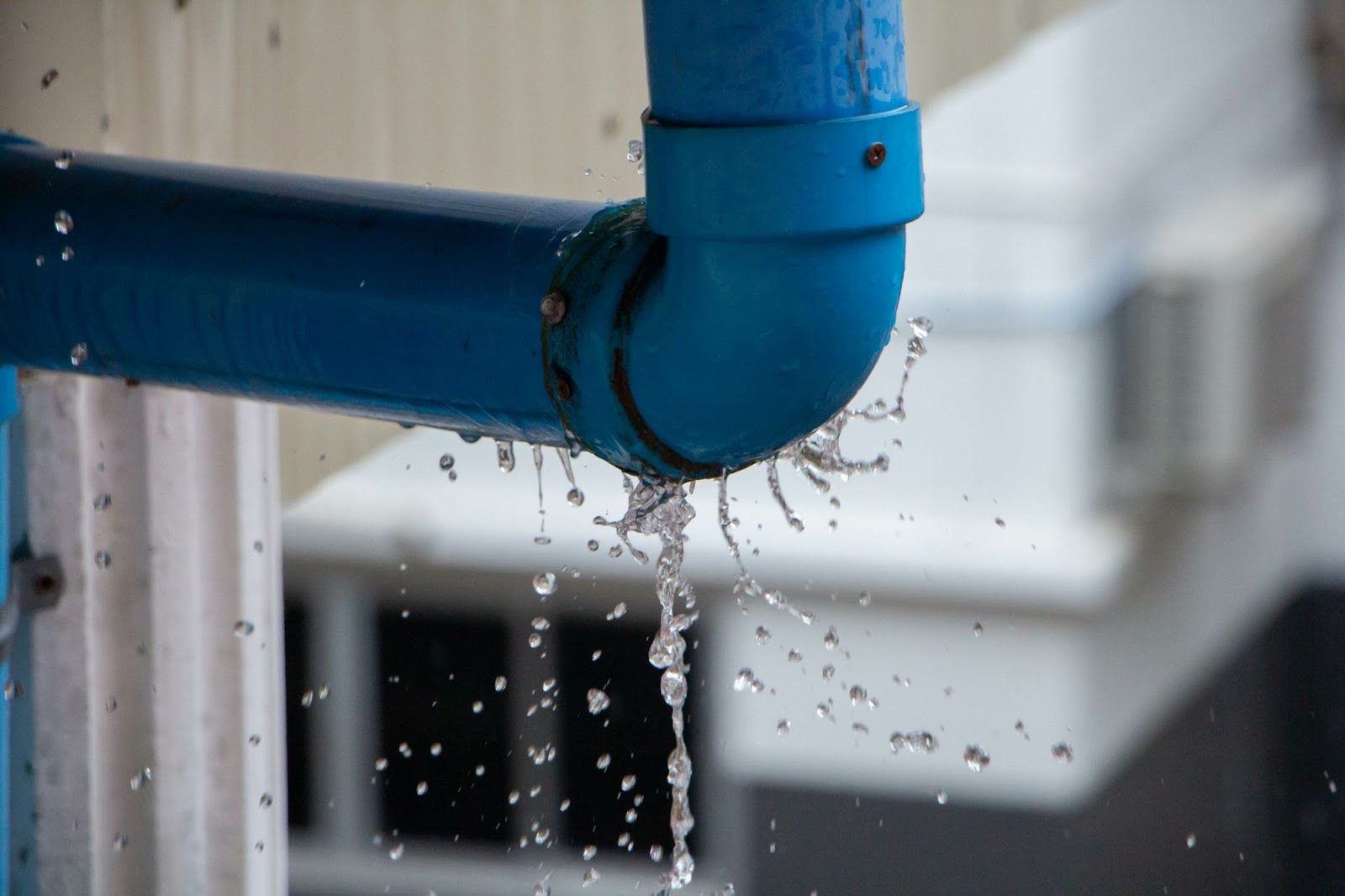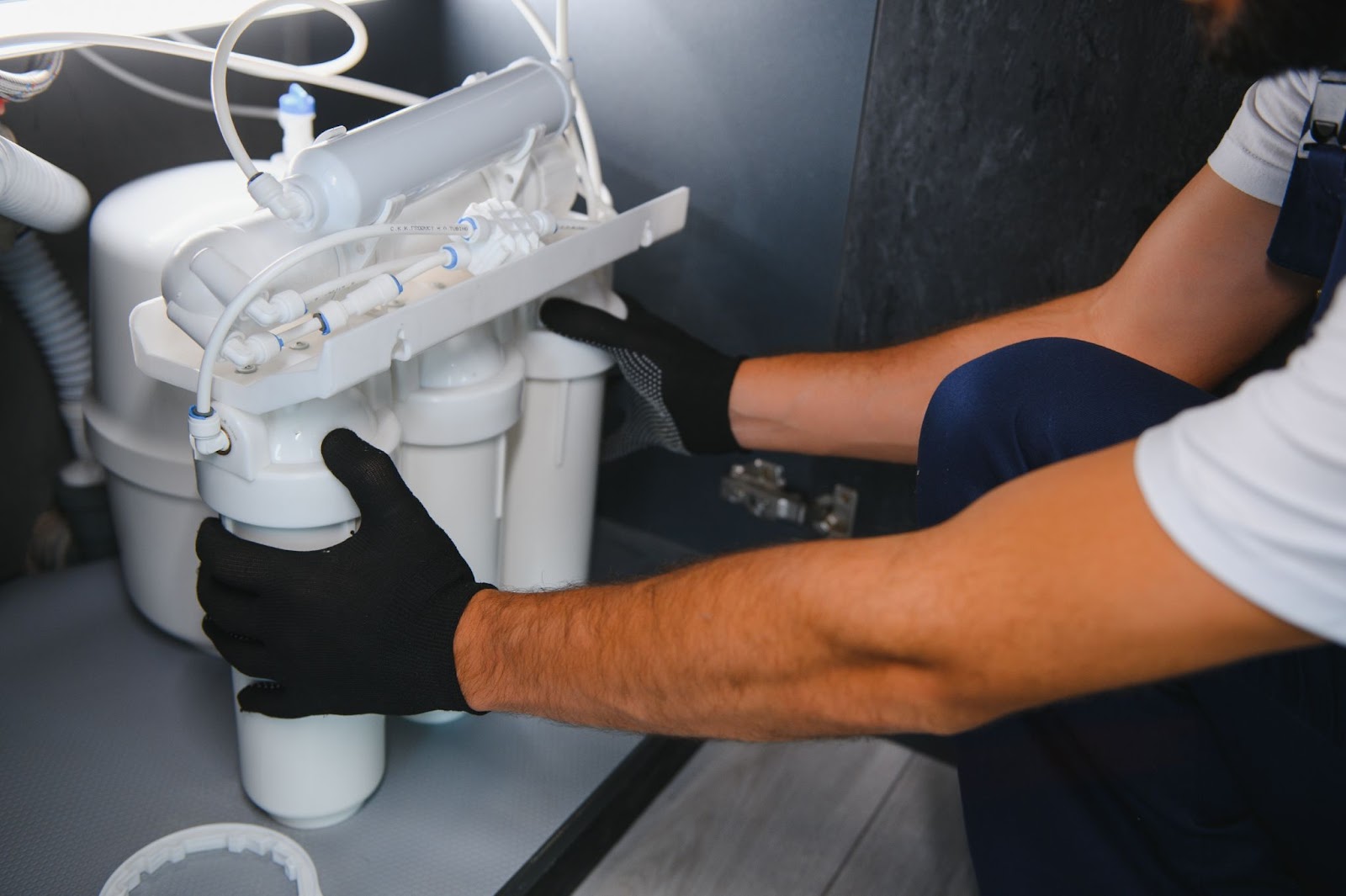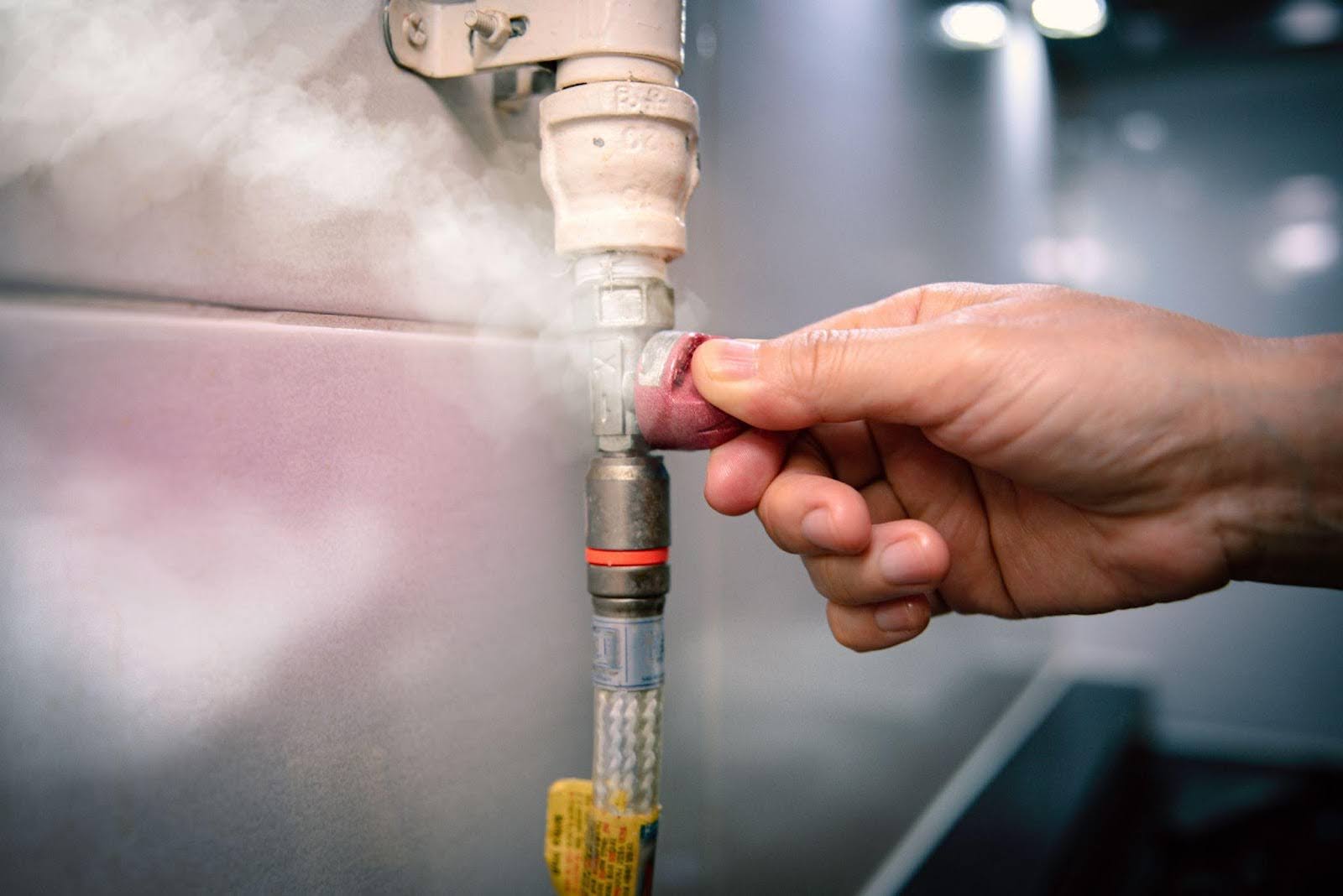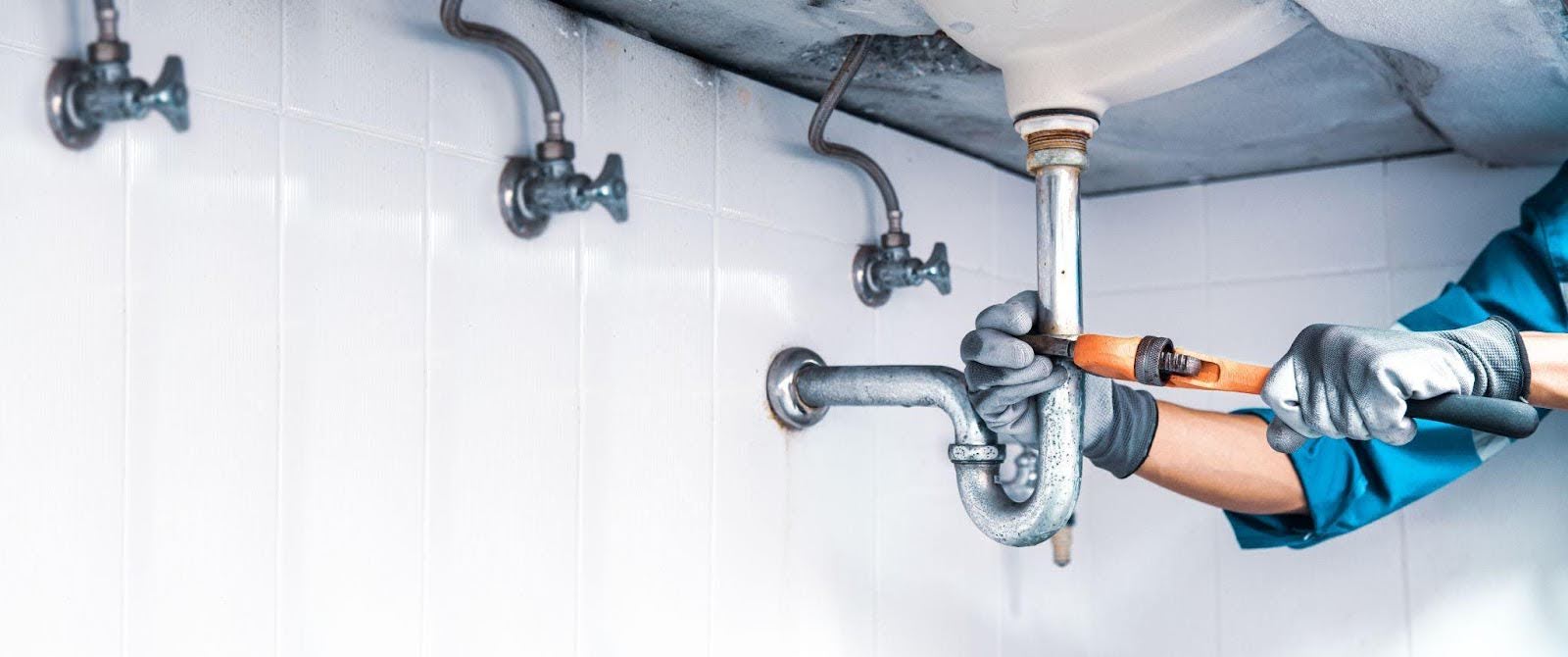When was the last time you performed maintenance for your water main?
A water main is the primary pipeline that delivers fresh water from municipal or local sources directly to your home. This residential plumbing component ensures a consistent water supply and plays a vital role in maintaining water pressure and quality.
Despite its importance, many homeowners overlook the maintenance of their water main, potentially leading to severe plumbing emergencies, from minor inconveniences like slight reductions in water pressure to major disruptions such as complete water outages or significant property damage due to leaks or bursts.
Therefore, understanding and maintaining your water main is more than avoiding problems; it’s key to ensuring the reliability and safety of your home’s water supply.
Materials and lifespan of water mains
Water mains are constructed from a variety of materials, each chosen for its durability and effectiveness in different environments:
- Cast Iron: Traditionally used for its strength and durability, cast iron mains last between 75 to 100 years but are prone to corrosion and mineral buildup.
- Copper: Known for reliability and resistance to corrosion, copper water mains are commonly used in smaller diameters and have a lifespan of up to 50 years.
- PVC and HDPE (High-Density Polyethylene): Modern plumbing often utilizes PVC or HDPE for water mains because of their resistance to corrosion and flexibility. These materials are lightweight, easy to install, and last anywhere from 50 to 100 years, depending on environmental conditions.
Signs of water main problems
Spotting early signs of trouble with your water main prevents more severe issues down the line. Here are some indicators that your water main may be compromised:
Reduced water pressure
A sudden or gradual drop in water pressure throughout your home often signals a leak or blockage in your water main. Such disruptions range from mineral build-ups to breaks in the line, restricting water flow.
Discolored water
If the water from your faucets appears rusty or has a brownish tint, it could indicate that your water main is corroding. Corrosion releases sediment into the water, posing potential health risks and damaging your plumbing fixtures.
Unexplained increase in water bills
An unexpected rise in water bills suggests a leak in your water main. Even small leaks waste significant amounts of water, which is reflected in your monthly payments. Early detection and repair of leaks will save considerable amounts of water and money.
Implications of ignoring these signs
Neglecting these early warning signs may lead to more serious and costly problems. For example, minor leaks evolve into full-blown breaks, causing extensive water damage to your property and possibly leading to street flooding. Additionally, untreated corrosion and sediment build-up severely degrade water quality and damage appliances.
Addressing these signs promptly safeguards your home’s structural integrity and water quality and helps maintain efficient water usage and costs. Regular check-ups by a qualified plumber catch issues early, ensuring your water main functions reliably year after year.
Benefits of regular maintenance
Regular maintenance for your water main is preventive and essential for ensuring its long-term reliability and efficiency. Here’s how consistent upkeep benefits you:
Preventing major repairs and disruptions
Regular maintenance identifies potential problems early, such as minor leaks, pressure anomalies, or early signs of corrosion. Addressing these issues promptly prevents severe malfunctions that disrupt service and lead to costly repairs.
Cost savings
Routine maintenance prevents the need for expensive emergency repairs or full replacements. Early detection typically involves less invasive fixes, reducing expenses and minimizing disruption.
Extended lifespan
Routine care maintains and extends the functional life of your water main. Activities like regular flushing to remove sediment, repairing minor leaks, and checking for corrosion keep the system in optimal condition, enhancing its durability and performance.
Embracing regular maintenance translates into fewer emergencies, cost savings, and prolonged lifespan of your plumbing infrastructure, ensuring your water main continues to function effectively.
What does maintenance entail?
Effective water main maintenance involves several key steps:
Inspection routines
Professional plumbers check for corrosion, leaks, and ensure water pressure is within a safe range during routine inspections. These checks are vital to prevent potential escalations that could impair the entire system.
Cleaning and repairs
Maintenance often includes cleaning out sediment and debris buildups and making necessary repairs. Techniques like hydro-jetting clear blockages, and repairs may involve fixing leaks or replacing damaged sections.
When to schedule maintenance
Annual maintenance is generally recommended, though the frequency can vary based on local climate, age, and material of your water main. In cold climates, schedule inspections before freezing temperatures set in. More frequent checks may be needed for older water mains or areas with high sediment levels.
Adhering to a regular maintenance schedule avoids unexpected disruptions and costly repairs, ensuring your water main supplies are clean, safe water efficiently and reliably.
DIY maintenance tips
While professional maintenance is crucial, homeowners can also take simple preventative steps to keep their water main in good condition.
Simple preventative measures
Monitor the water pressure in your home regularly using a pressure gauge. This tool allows you to check that the pressure is within a safe range, helping to prevent stress on your water main and plumbing fixtures.
Additionally, it’s important to keep the area around your water main clear of debris, plants, and other obstructions. This makes it easier to access for inspections and repairs but also helps prevent root intrusion and physical damage to the pipe.
Limitations of DIY approaches
While these DIY steps are helpful, they have their limitations. Homeowners can monitor and do basic maintenance, but many aspects of water main care require professional tools, skills, and knowledge.
For instance, diagnosing and repairing leaks, especially those underground or within walls, and handling corrosion or sediment buildup often exceed the capability of typical home repair equipment.
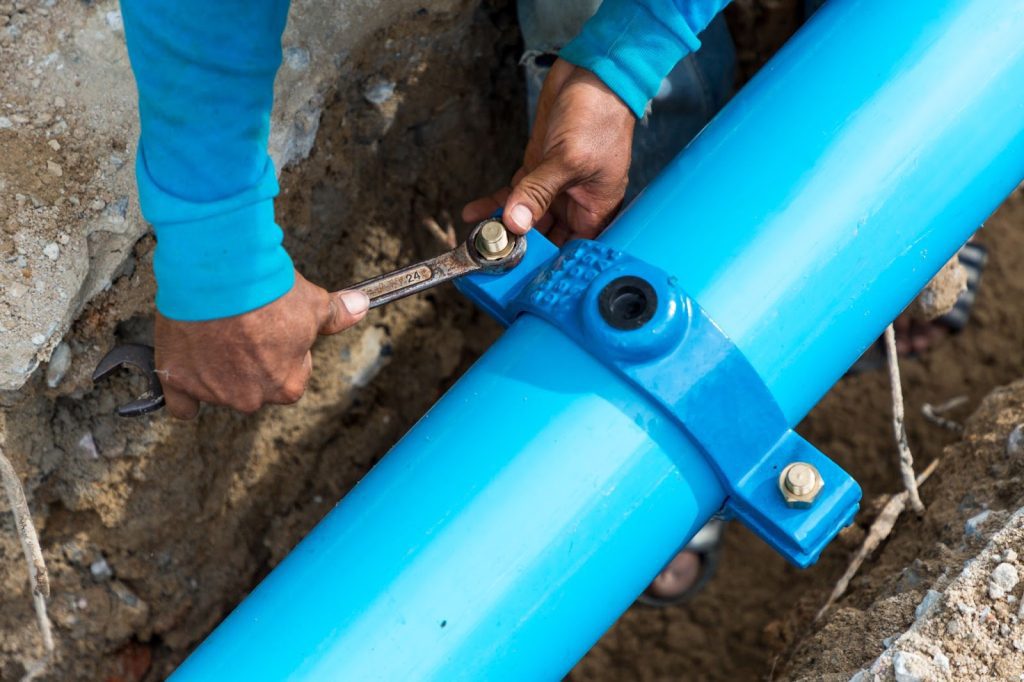
When to call a professional
It’s advisable to call a professional plumber if you notice any sudden changes in water pressure, discolored water, or signs of water pooling in areas where the main line runs. These symptoms could indicate more serious problems that require sophisticated diagnostic tools and repair techniques.
If your DIY maintenance uncovers complex issues, involving a professional is the safest and most effective way to ensure the problem is thoroughly addressed.
Choosing the right professional for water main maintenance
When it comes to maintaining your water main, selecting the right professional is critical.
First and foremost, verify that the plumbing service is properly licensed to operate in your area. Licensing indicates that the plumbers have met the required training standards and adhere to local building codes and regulations.
Experience is also crucial; look for a company with a proven track record of handling water mains specifically, as they will be more familiar with the common issues and best practices for maintenance.
Additionally, assess their local reputation by reading online reviews, asking for references, or checking their ratings on business review websites. A strong local reputation usually reflects a history of satisfactory service and reliability.
Questions to ask potential service providers
When you contact a plumbing service, ask specific questions to gauge their suitability for your needs:
- How long have you been working with water mains? This question helps you understand their level of expertise in your specific area of concern.
- Can you provide local references? References from other homeowners in your area can offer insight into the plumber’s reliability and quality of work.
- What does your maintenance service include? Make sure the services offered match your needs — whether it’s routine inspections or more comprehensive maintenance that includes repairs and replacements.
- Do you offer emergency services? Knowing whether they are available to handle emergencies can be crucial, especially if your water main has had issues in the past.
- How do you charge? Understanding their fee structure — whether a flat rate, hourly, or based on the type of service — can help you avoid surprises.
Selecting the right professional plumber ensures that your water main is in good hands and offers peace of mind that you’re investing in the longevity and reliability of your home’s plumbing infrastructure. Make sure you choose a service that fits your immediate maintenance needs and aligns with your expectations for ongoing water main care.
Trust Salisbury Plumbing for your water main maintenance
Salisbury Plumbing excels in water main maintenance and more. As a licensed and highly-regarded service provider, we bring extensive experience in routine upkeep and urgent repairs. Salisbury Plumbing commits to excellence and customer satisfaction, making us the top choice for safeguarding your home’s plumbing heart.
Don’t wait for a plumbing crisis to recognize the importance of regular maintenance. Reach out to Salisbury Plumbing today to set up a comprehensive inspection and maintenance service, keeping your water main in top condition all year round.
toto slot

